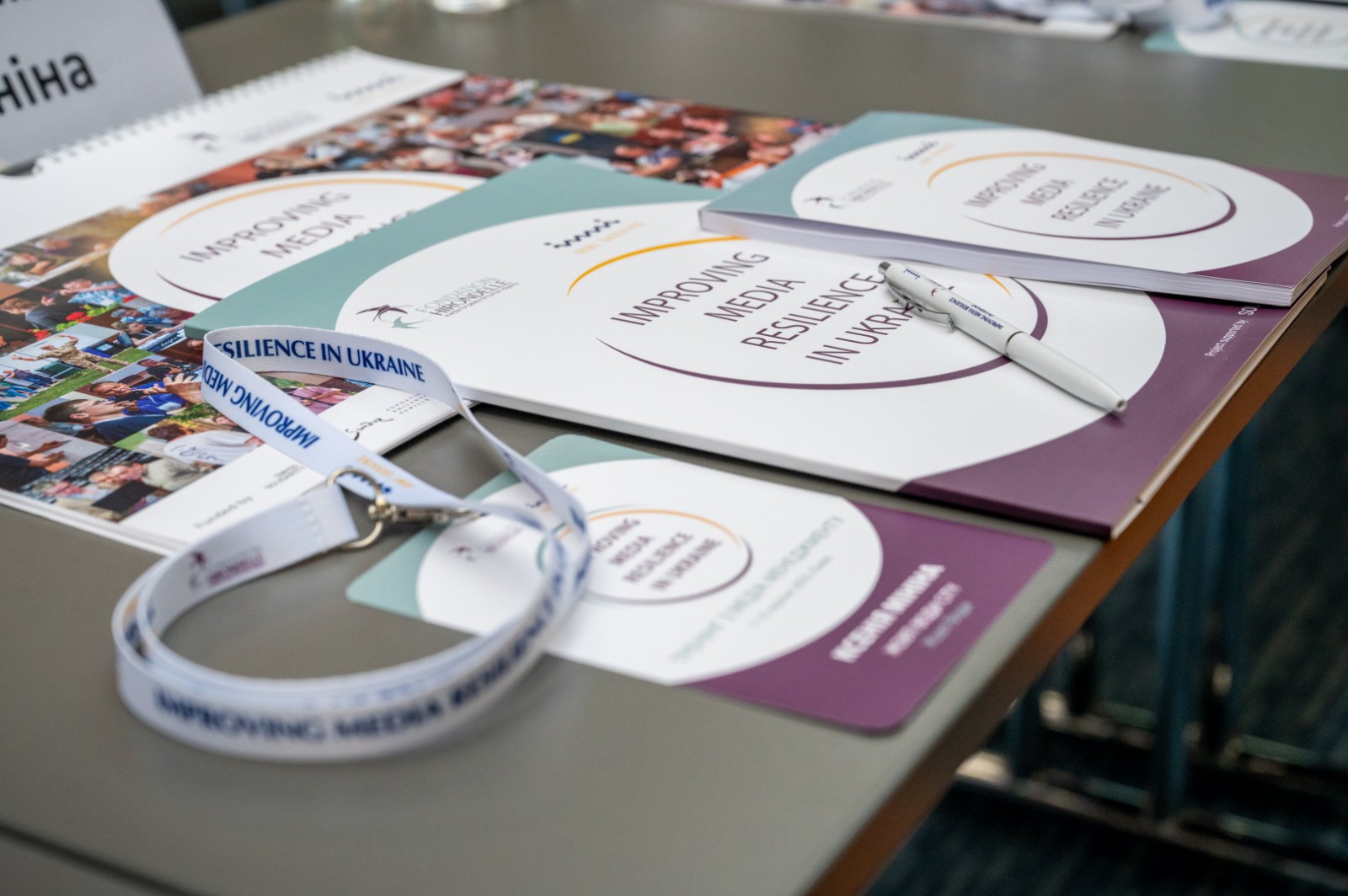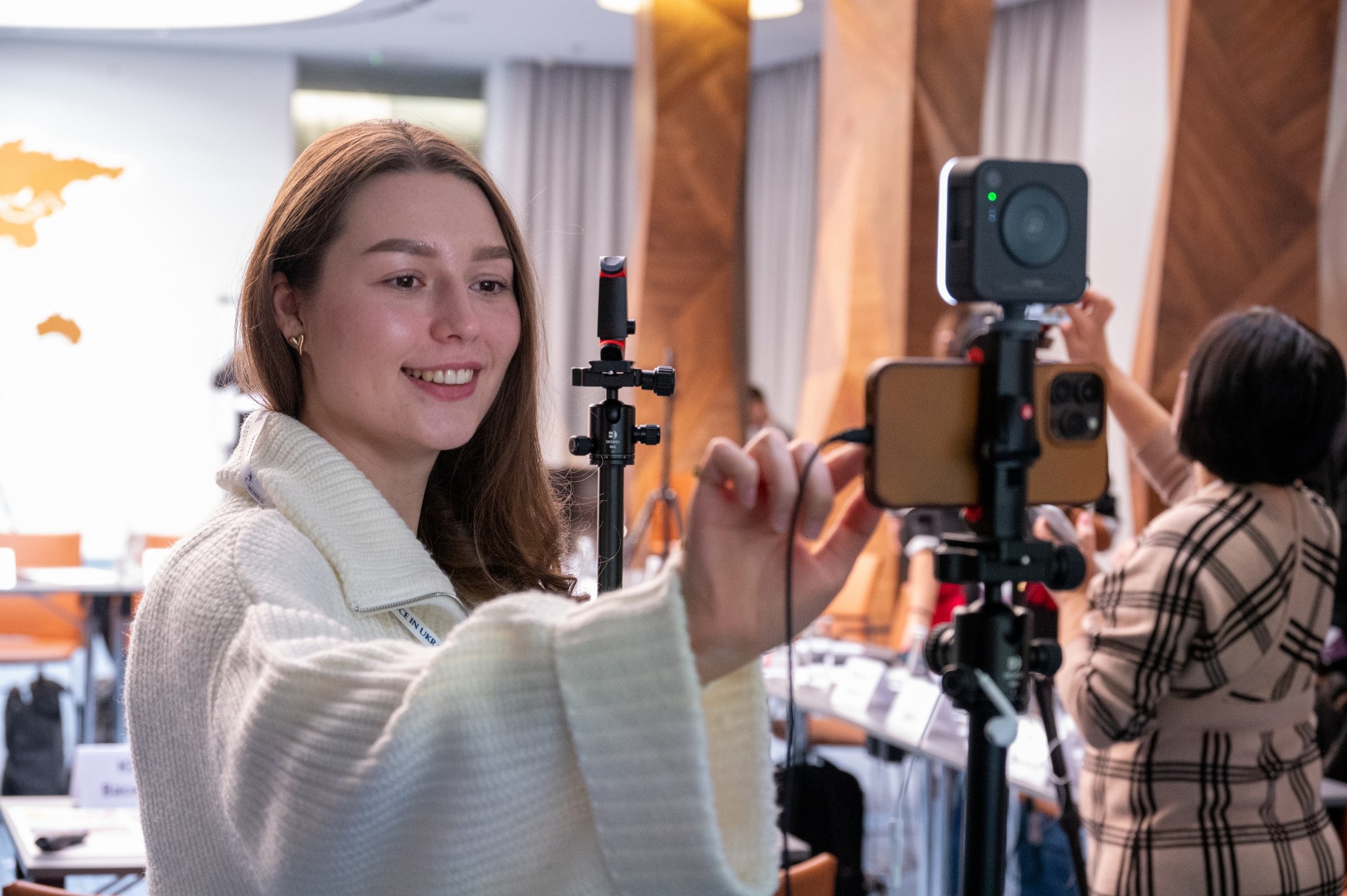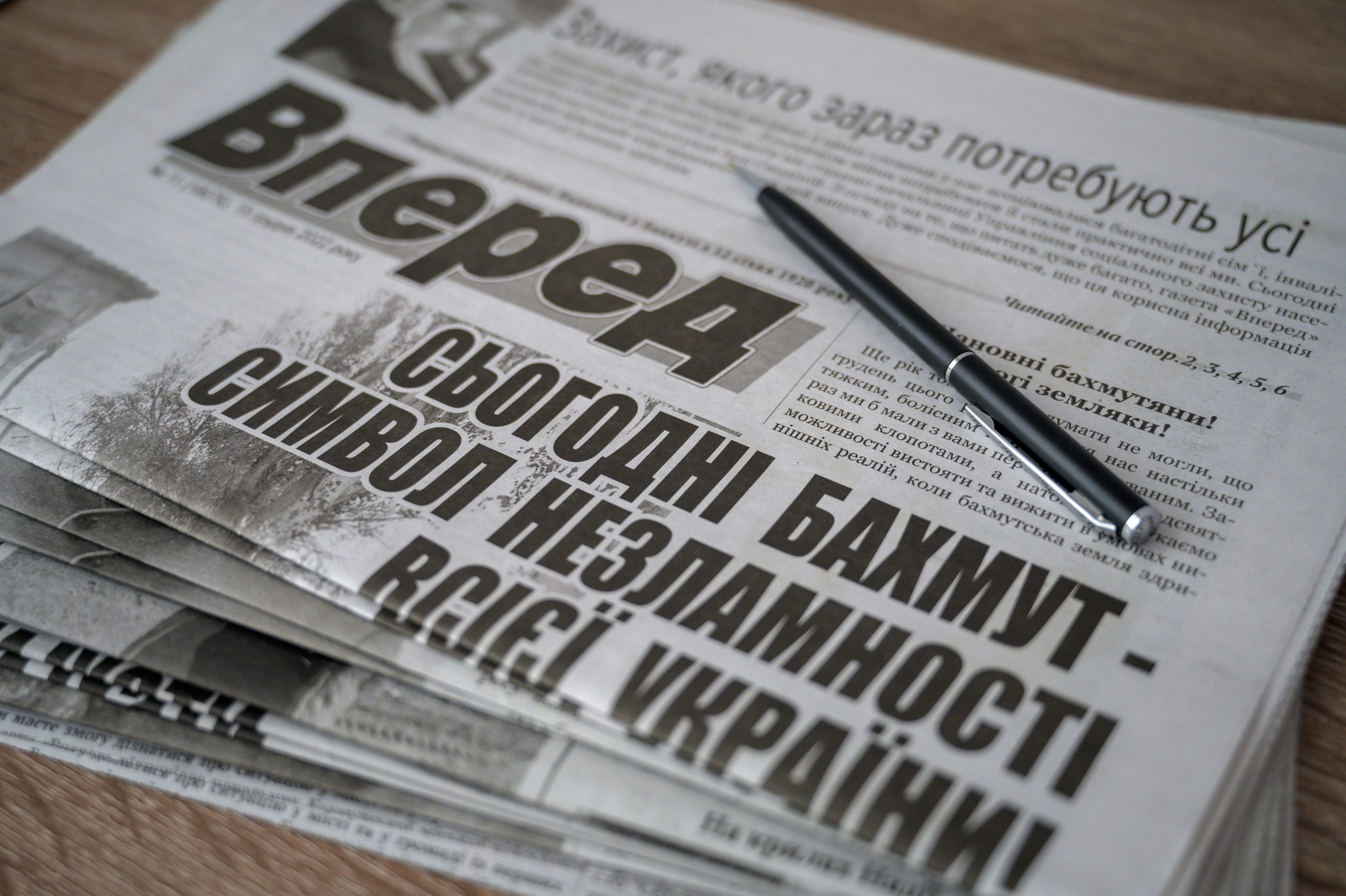The International Journalism Festival in Perugia is the most significant event in the professional environment. Every year, since 2007, experienced specialists and students, experts, scientists, and heads of media organizations gather in the Italian city. This year, IRMI Ukraine took part in the festival too. IRMI co-founder and executive director Angelina Soldatenko’s comment.
What are these festivals?
This is a series of panel discussions related to the place of journalism in society and the quality of reporting. New trends, new technologies, teaching methods, media culture, and protection of specialists from a traumatic burnout. Speakers openly present their experiences and innovations. Sessions are open to access and free of charge. I am impressed by such professional generosity as evidence that there is a community interested in high-quality actualised journalism. In addition, the festival is a city of interesting meetings, exchange of opinions, ideas, and suggestions.
What was discussed this year?
Perhaps it’s easier to account for what wasn’t discussed. The discussions were on any possible thing – from the world affairs, the development of technologies such as artificial intelligence, data journalism, climate issues, podcasting, collaborative journalism, investigative journalism, including TikTok and YouTube updates. I would highlight some of the most important topics, in my opinion, mainly related to the events in Ukraine. They were discussed in both a global and professional context. The audience gave a standing ovation to The Associated Press documentaries, who brought their own reports from Mariupol to the festival. Francesca Mannocchi, an Italian journalist and author, gave an emotional speech on the world’s perceptions re the terrible war in Ukraine. These events, she said, are a test for the democracy that we are used to talking about in Europe. The speakers addressed the events in Ukraine both from the perspective of a humanitarian public and a purely professional challenge.
Another important professional topic that is consistent with IRMI’s view, which was addressed both directly and indirectly, is the relationship between the media and the audience. Discussing work planning and approaches to news production, speakers on many topics emphasized public interest as a cornerstone of the profession, and the importance of the voice of communities.
What brought IRMI Ukraine to the festival?
First of all, the importance of, so to speak, checking the clock. The festival is a large professional school. New trends, training techniques, advanced technologies – without this, work cannot be done proper to be useful to your audience, which is what we strive for. I only regret that the work at the festival was structured in such a way that it was not possible for me to attend all the relevant panel discussions. Many of the sessions were concurrent. I was very happy to see our partners from Fondation Hirondelle, with whom we are currently implementing an ambitious project to support the sustainability of Ukrainian media, – one of the mentors who is starting to work with Ukrainian media and project participants.
Any interesting takeaways?
We will talk about the results when the proposals have been accepted and the agreements have been implemented. But there is something else that is also important, making you think, explore, and evaluate. Events in Ukraine being in public interest. In what way is it personified on a case-by-case basis? Also, are cross-platform approaches to the hyperlocal media we work with effective, and will the voices of communities be lost?
IRMI had a chance to share both experiences and views at the World Forum session organized by the Global Media Development Forum. We contributed our proposals in support of Ukrainian media to the GFMD Declaration, which is supplemented and adjusted annually with regards to the challenges in place. We believe that while fostering the sustainability of Ukrainian media, it is very important for all of us, donors, organizations that develop concepts and implement projects, to take into account the importance of professional environment with self-governing mechanisms to be shaped. This is an important guarantee of true freedom of the public interest-oriented press.
Photo – https://www.journalismfestival.com








